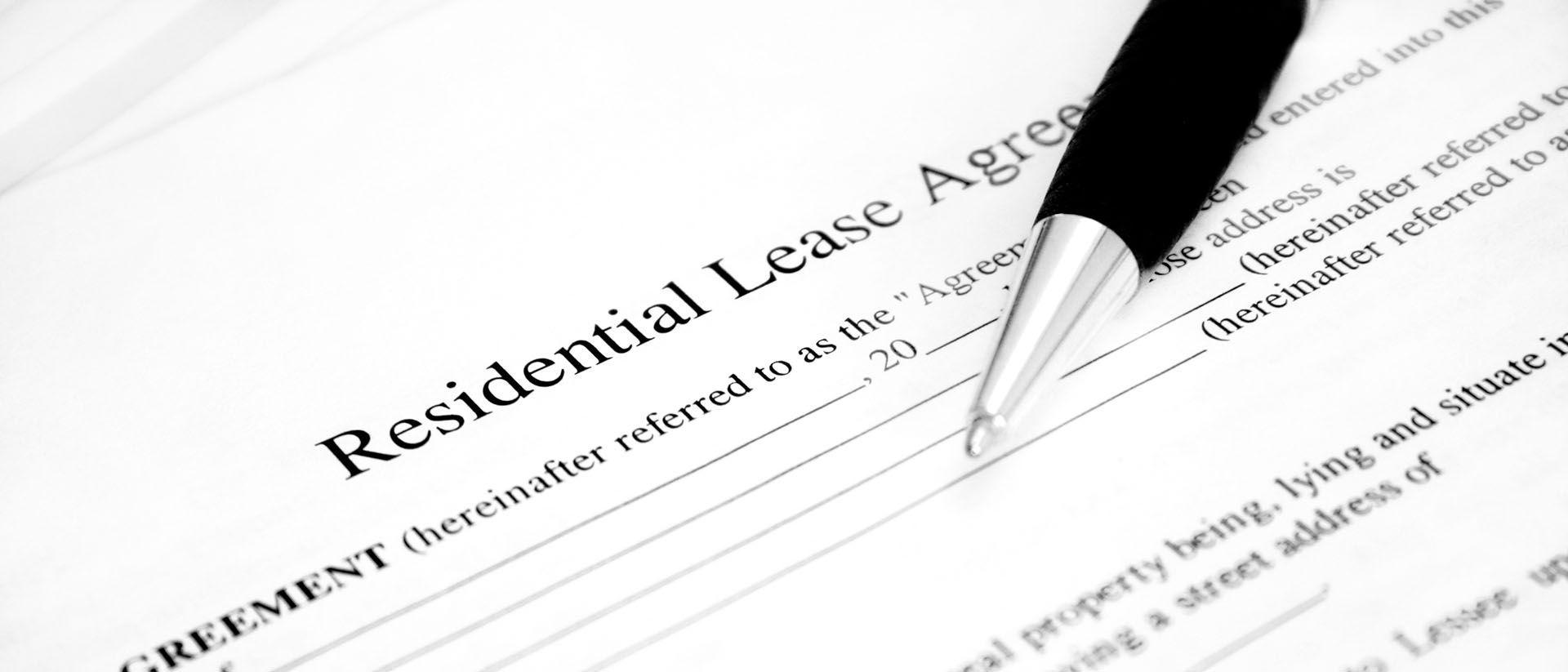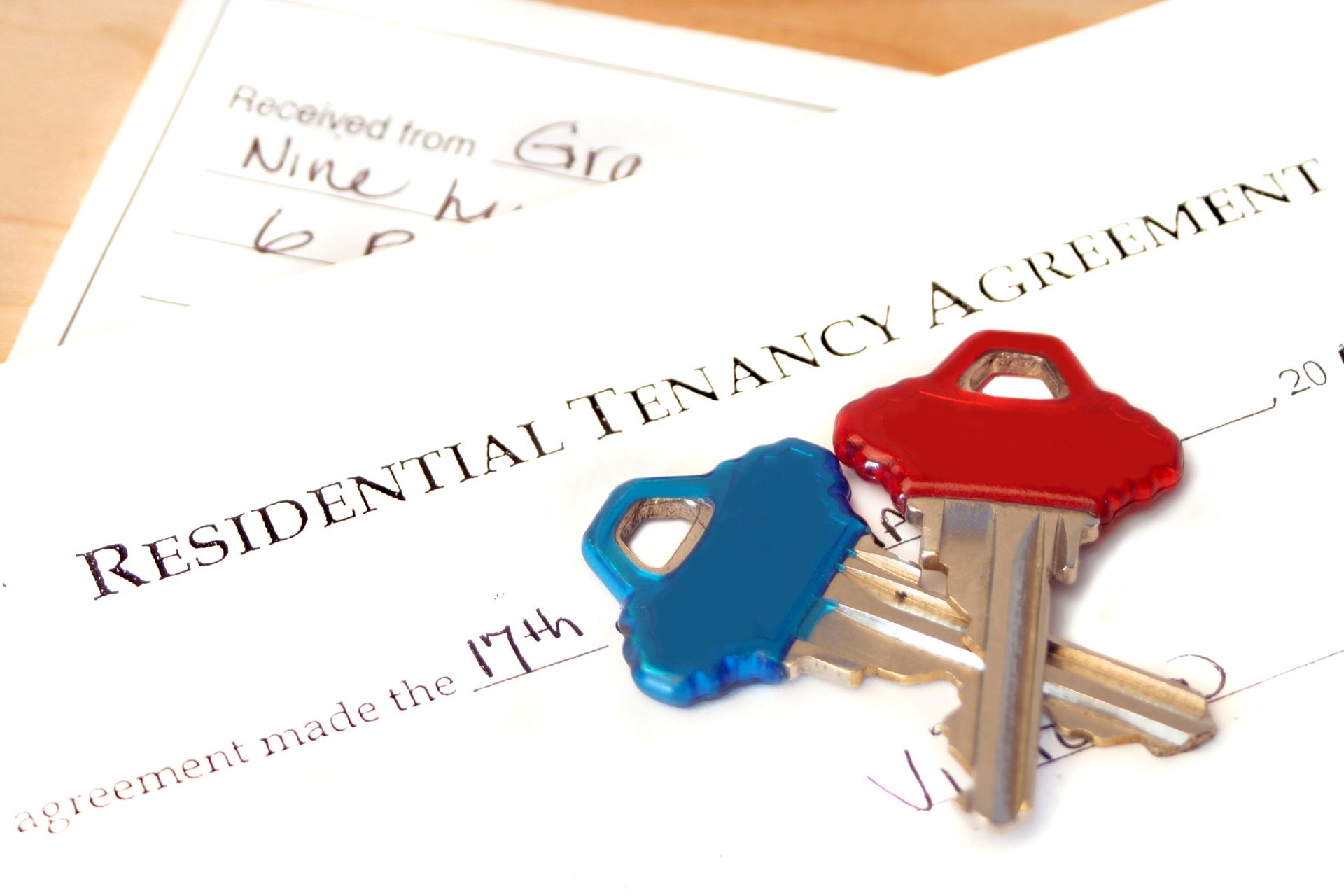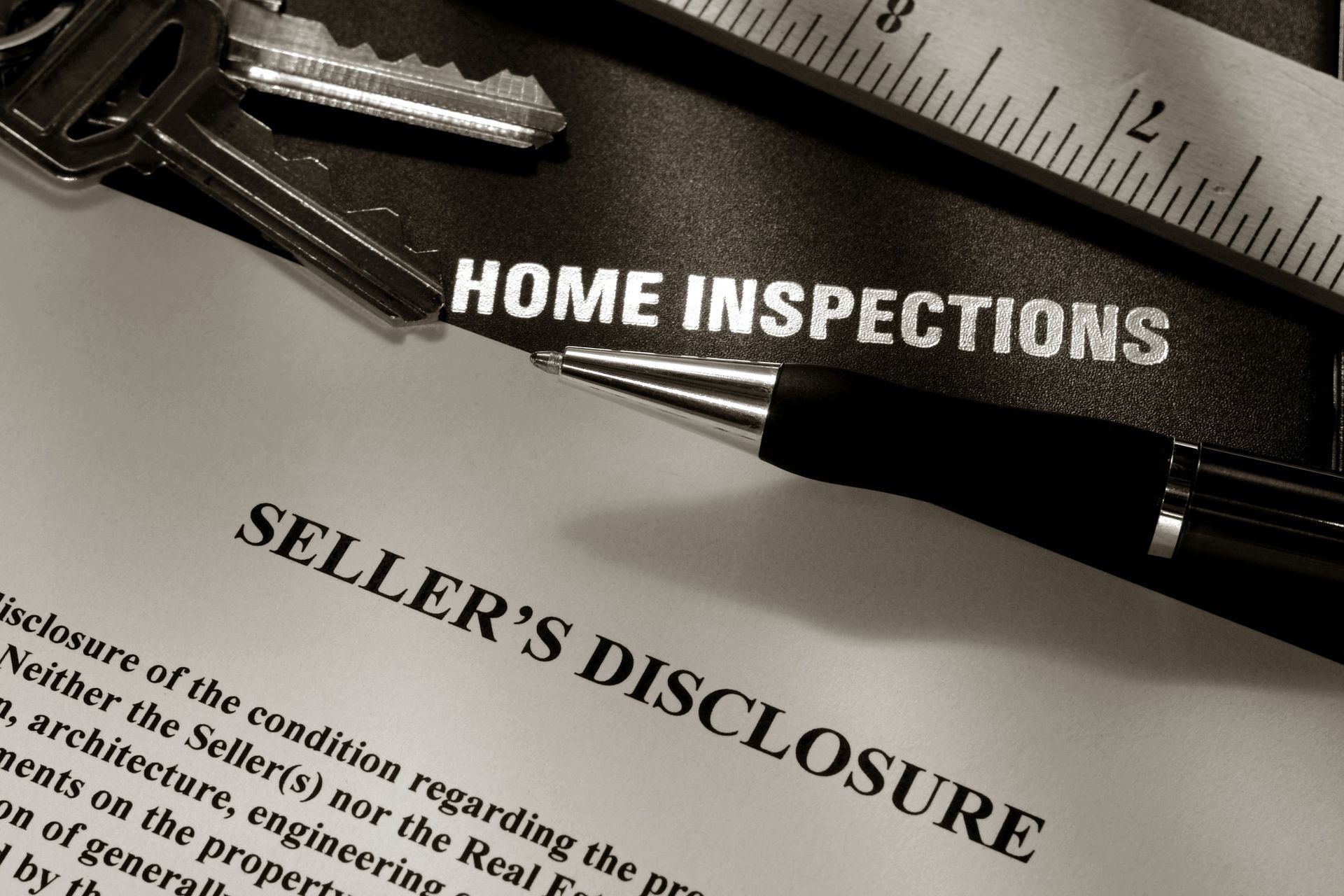Expertise
Buying Your Property
SPEAK WITH A CONVEYANCING EXPERT
Fixed Fee Conveyancing
Kells takes great pride and care in providing a premium service and quality advice for a fixed price when taking care of our clients’ property transactions.
Dedicated Team
Our team is led by a NSW Law Society Accredited Specialist in Property Law and includes highly skilled lawyers, licensed conveyancers, paralegals, and administrative staff.
Extensive Experience
We have the resources and years of experience to meet the varying demands which arise in property transactions, no matter how complex.
Here To Help
If you are buying a property and want to make sure that everything goes smoothly, it is vital that you seek legal advice from someone experienced in conveyancing and who knows the area. At Kells Wollongong, we offer a premium conveyancing service at a fixed price and will ensure your property purchase will go smoothly as possible.
How Can Our Wollongong Conveyancing Specialists Help?
Purchasing property is a significant financial investment with many risks, but with a skilled conveyancing lawyer or licensed conveyancer by your side, you can minimise your liability while ensuring your legal rights and interests are protected throughout the entirety of the transaction.
Whether you are a sophisticated investor or a first homeowner, our team can guide you throughout the purchase process and help you avoid hidden risks.
Here are the steps involved:
Get Expert Conveyancing Advice
Do you have a question or are you looking to get started? Send us a message and one of our team members will get back to you as soon as possible.
Related Articles
Speak to a Conveyancing Lawyer
Whether you're buying or selling, we’ll guide you through the legal process with clarity and care.




















